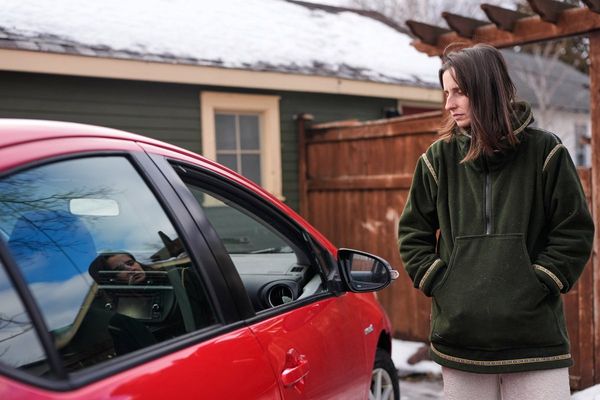
The classic image of a happy family gathering often includes multiple generations sharing stories and enjoying each other’s company. For many families, however, getting a teenager to spend time with their grandparents can feel like pulling teeth. This isn’t always because they don’t love them; rather, it reflects a growing gap in communication, interests, and lifestyle. Understanding these underlying issues is the first step toward bridging the divide. Here’s a closer look at why today’s teens may be reluctant to visit their grandparents.
The Widening Generational and Technology Gap
Today’s teenagers have grown up as digital natives, while many grandparents are still navigating the basics of technology. This creates a fundamental difference in how they communicate and experience the world. Visits can feel frustrating for both sides when one wants to share a TikTok video and the other doesn’t know how to use a smartphone. This technological divide can make conversation difficult and shared activities hard to find. As a result, teens may feel that they simply have nothing in common with their grandparents.
Pressure From Busy Schedules and Social Lives
The life of a modern teenager is often incredibly over-scheduled with school, homework, extracurricular activities, and part-time jobs. Their free time is precious and is usually dedicated to their peers, who are the center of their social universe. A command to visit their grandparents can feel like another obligation on an already-packed calendar, taking time away from friends. This isn’t a rejection of family, but a reflection of the intense social and academic pressures they face daily. It can be a major reason why they don’t want to visit.
Feeling Judged or Misunderstood
Grandparents often come from a different era with different values, which can sometimes lead to unintentional judgment. Comments about a teen’s appearance, taste in music, or life choices can make them feel criticized and misunderstood. They may feel like they have to put on a performance or hide their true selves to be accepted. This constant feeling of being evaluated can make visits emotionally draining. A teenager who feels they can’t be authentic will naturally be hesitant to visit their grandparents.
The Awkwardness of Forced Conversation
Few things are more uncomfortable than sitting in a silent room where both parties are struggling to find something to talk about. Without shared interests or recent experiences, conversations can feel forced and repetitive. Teens may dread the cycle of answering the same questions about school every single time they see their grandparents. This lack of engaging dialogue makes the visit feel more like a chore than a meaningful connection. This awkwardness is a powerful deterrent for a teen who is already navigating complex social dynamics.
Bridging the Generational Divide
To encourage teens to visit their grandparents, the focus must shift from obligation to genuine connection. This requires effort from both sides, like grandparents showing interest in a teen’s world or parents helping to create structured, fun activities for their visits. Finding a shared hobby, teaching each other a new skill, or simply listening without judgment can transform the experience. Building a relationship that feels authentic and enjoyable is the key to making these visits something everyone looks forward to.
If you’re a grandparent or a teen, what’s one thing that would make visits more enjoyable for everyone?
Read More:
7 Grandparenting Habits That Could Lead to Visitation Bans
Why Older Adults Are Stepping Away From Grandparent Roles
The post Why Teenagers Don’t Want to Visit Their Grandparents Anymore appeared first on Budget and the Bees.







